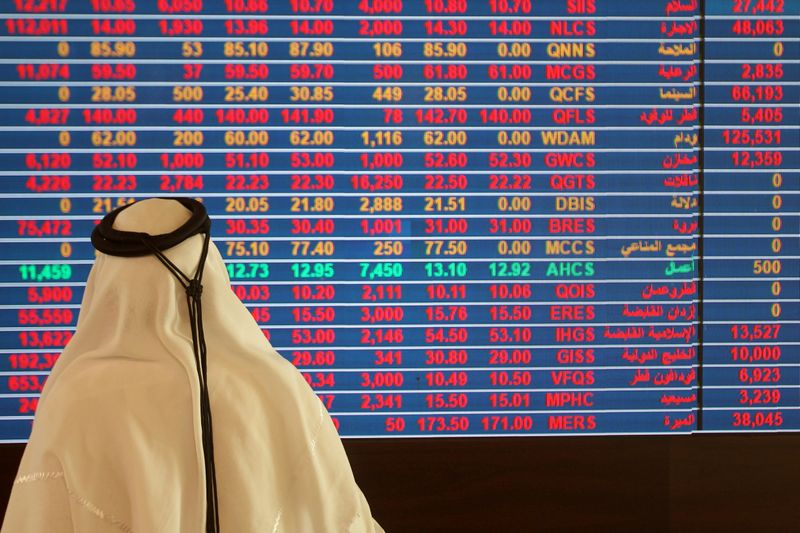DUBAI (Reuters) - The International Monetary Fund (IMF) said on Thursday Gulf Arab states -- some of the world's richest countries -- could see their financial wealth depleted in the next 15 years amid lower hydrocarbon revenues if they don't step up fiscal reforms.
The six-nation Gulf Cooperation Council (GCC) - whose net financial wealth the IMF estimates at $2 trillion - accounts for over one fifth of global oil supply, but economies in the region have been hit hard by a drop in oil prices in 2014 and 2015.
While lower crude prices have put pressure on governments to generate non-oil revenues and fix their finances, "the effect of lower hydrocarbon revenue is yet to be fully offset," the IMF said in a report.
"At the current fiscal stance, the region’s existing financial wealth could be depleted in the next 15 years," it said.
The Washington-based international crisis lender said global oil demand could peak by around 2040 or much sooner in case of a stronger regulatory push for environmental protection and energy efficiency.
"All GCC countries have recognized the lasting nature of their challenge ... However, the expected speed and size of these consolidations in most countries may not be sufficient to stabilize their wealth."
Gulf states have for decades used their energy wealth to provide millions of citizens with government jobs, part of a social contract by rulers that rewards political acquiescence and educational attainment with employment for life.
But high-paying public sector jobs that demand little of workers have translated into low productivity and an entitlement culture, as well as rising costs as populations grow.
Budgets are stretched further by hefty state spending on subsidies, social services and generous state pensions.
GCC governments have only gradually introduced austerity measures to avoid social discontent, such as the introduction of a value added tax (VAT) in some GCC countries. But most continue to struggle to balance fiscal consolidation and growth.
The IMF said the introduction of VAT and excise taxes was positive: "There is significant potential to build on this progress."
"As the region transitions toward a non-hydrocarbon economy, moving from wide-ranging fees toward fewer broad-based taxes, for example, could provide much-needed revenue diversification."
Kuwait - which has one of the world's biggest sovereign funds - could need some $180 billion in financing over the next six years in the absence of more drastic fiscal measures, the IMF said last month.
Saudi Arabia, the Arab world's largest economy and the world's largest crude exporter, expects a deficit of $50 billion this year, up from $35 billion in 2019.
